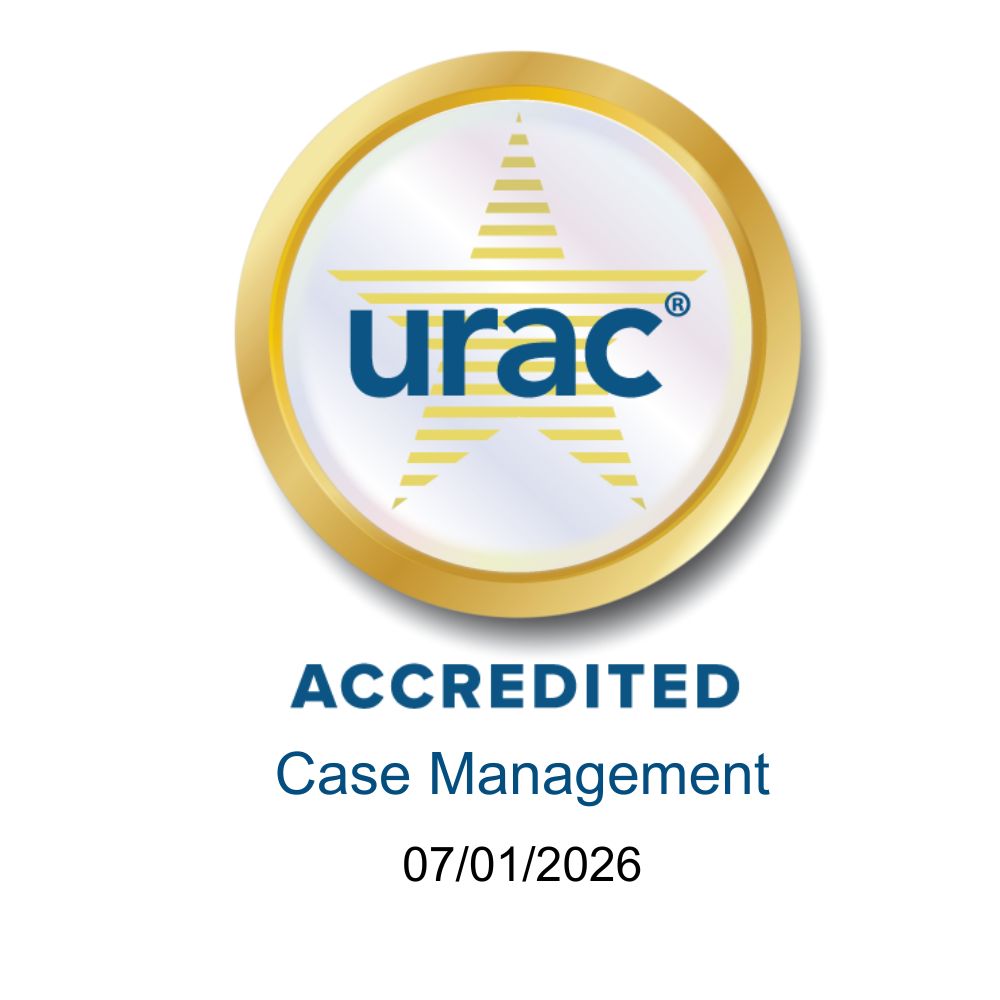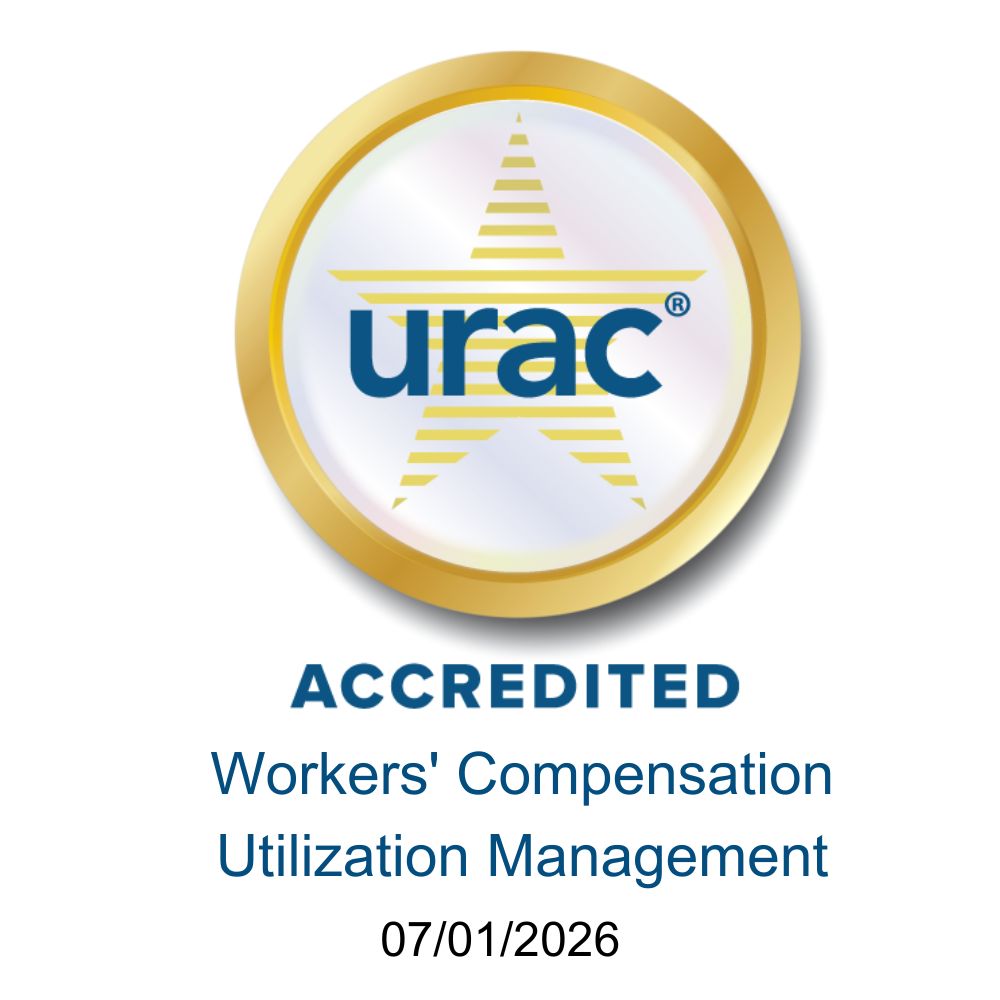Protecting your company for the long-haul
As work comp healthcare continues to evolve, one area that has seen significant changes over the years is Medicare Set-Aside (MSA) compliance. Shifts have been prompted by new legislation, court rulings, and updates to Medicare regulations. Jake Reason, VP of Medicare Set-Aside Programs at EK Health Services is well versed in the ever-changing landscape of MSAs and recently identified the Top 5 things that ALL employers need to know when considering Medicare Set-Asides.
#1. Know your claims & your process - don't be blindsides.
Knowing your exposure and how to manage it up front is critical. Understanding where your money is going is entirely up to you. “Most employers fall trap to thinking that future medical expenses should be a static amount, yet adherence to Medicare’s guidelines is typically higher. This leaves little wiggle room, causing duplicative processing, backlogged systems and overextended resources,” Reason stated. “In reality, 10-15% of cases cause heightened exposure, but the lack of preparation dollar-for-dollar on the front-end can have catastrophic impacts. Catching high-exposure claims early by knowing your current spend, the familiarity of your adjusters to the process, denial rates of treating physicians, pharmacy exposure, regulatory guidelines, and more, can set you up for future success across your initiatives.”
#2. Medicare will always view claims from a worst-case scenario perspective, regardless.
In the world of MSAs, you have two viewpoints - reality and Medicare. The claims process typically centers around the actual treatment that is occurring; whereas, Medicare is more predictive and is based around their guidelines rather than reality. Reason believes, “While it may feel arbitrary at times, managing a claim or settlement with the impact of Medicare’s allocations in mind will likely set your company up for better long-term success.”
#3. For long-term success & protection, clearly decide how to handle Medicare compliance.
While submitting MSAs is a voluntary process, employers should consider an allocation in order to avoid potential liability and ensure compliance with Medicare regulations. “Though not technically required, the consequences of not completing an MSA can make it hard to ignore their importance.” Reason continued, “Insurance companies and employers like certainty without risk. Completing a MSA provides organizations with a quasi-finality: an approved MSA on file = reliance on the settlement being finalized. Furthermore, injured workers can rest assured that their future treatment will be handled correctly by Medicare once it’s been shown the MSA funds have been appropriately spent”.
#4. Trust your vendor - can they see the future?
Ensuring your vendor knows the MSA process and can predict your future loss is crucial. Reason explained, “Having an Integrated Model of care, complete with Utilization Review, allows your vendor to fully pay attention to claims as they progress, giving direct hands-on involvement on behalf of the employer. At EK Health, through our Never Want To Miss ™ program, we regularly run reports with predetermined criteria to identify high-risk, problematic claims. By actively identifying eligible claims where pharmacy spend and denial rates are high, we can proactively impact the claim prior to settlement and manage the high cost drivers. This cuts back on the turnaround time of the claim - and we all know, the longer the claim the higher the cost.”
#5. Following through is hard - protecting your employees isn’t.
When an injured worker receives a MSA, they have a choice - self-administer their funds or have a professional company handle it for them. “Where employers often go wrong in protecting their employees for the long-haul, is that they fail to make injured employees fully aware of their responsibilities for the management of the MSA.” Reason continued, “Medicare will only kick in for future payments once the MSA has been completely, appropriately spent. If an injured worker uses the funds on something else in advance, Medicare will likely not cover their medical costs down the road - opening opportunity for potential further litigation. Bottom line, make sure your injured workers are fully aware of their responsibilities.”
See the EK Health difference with our Medicare Set Aside services.






